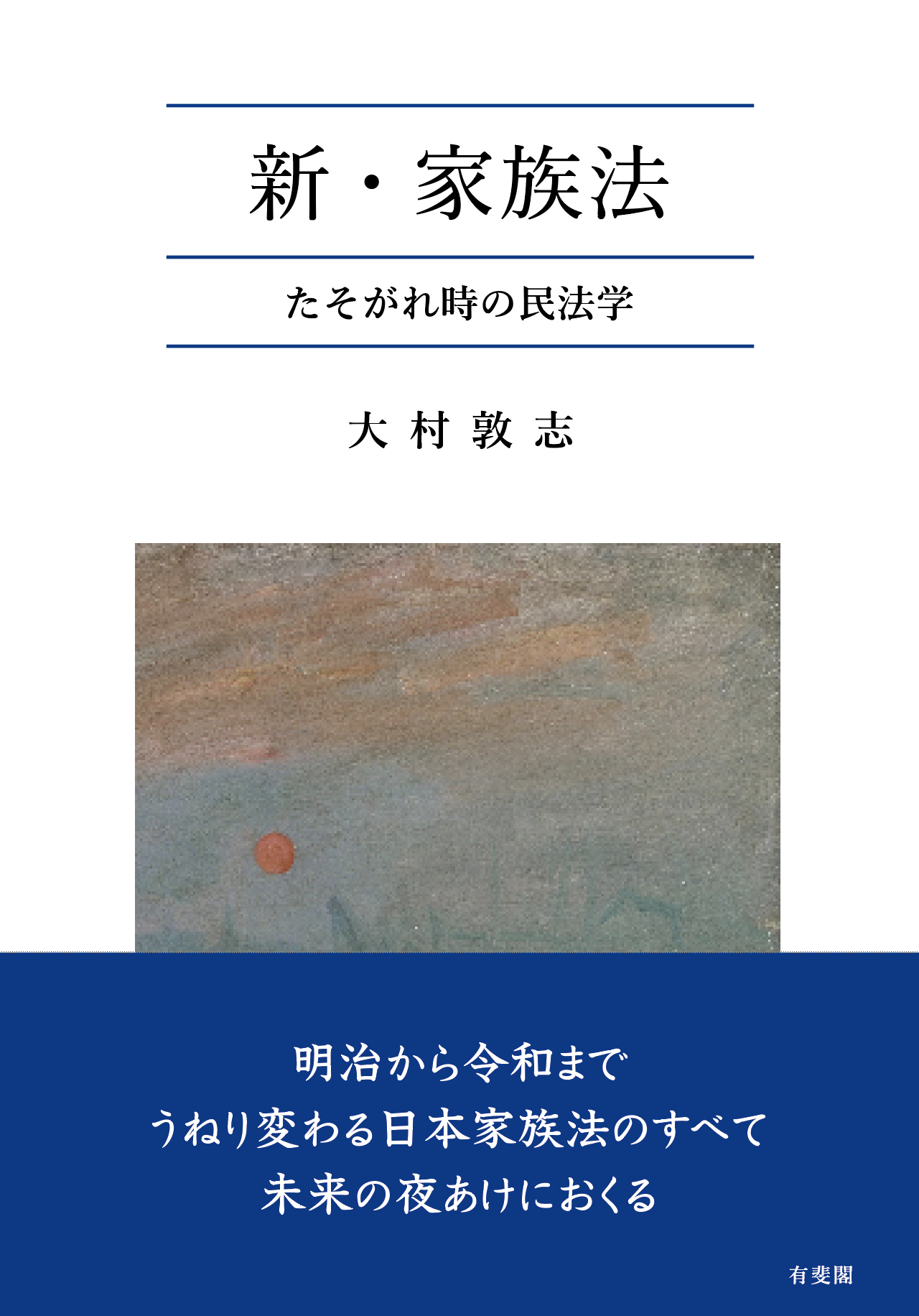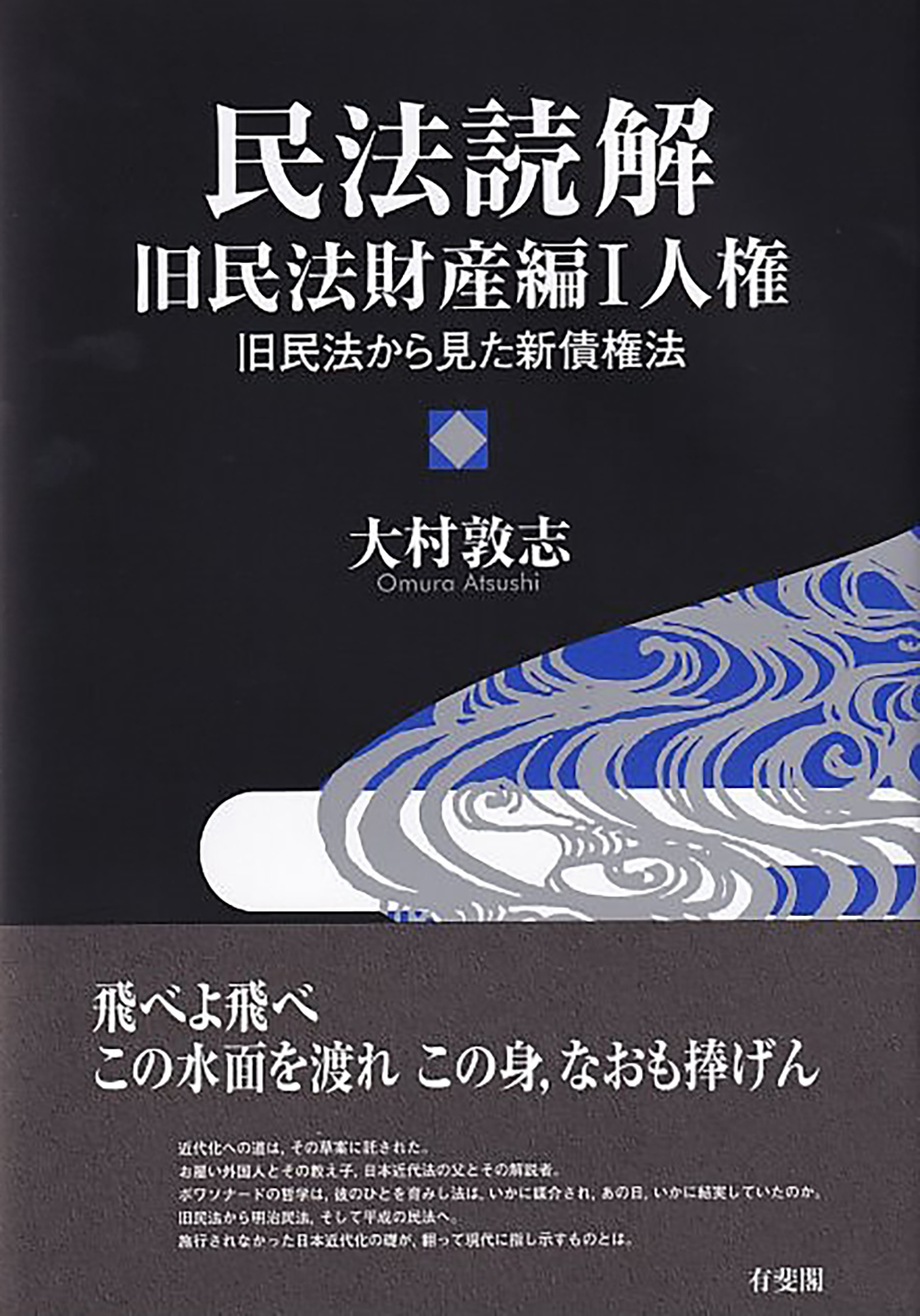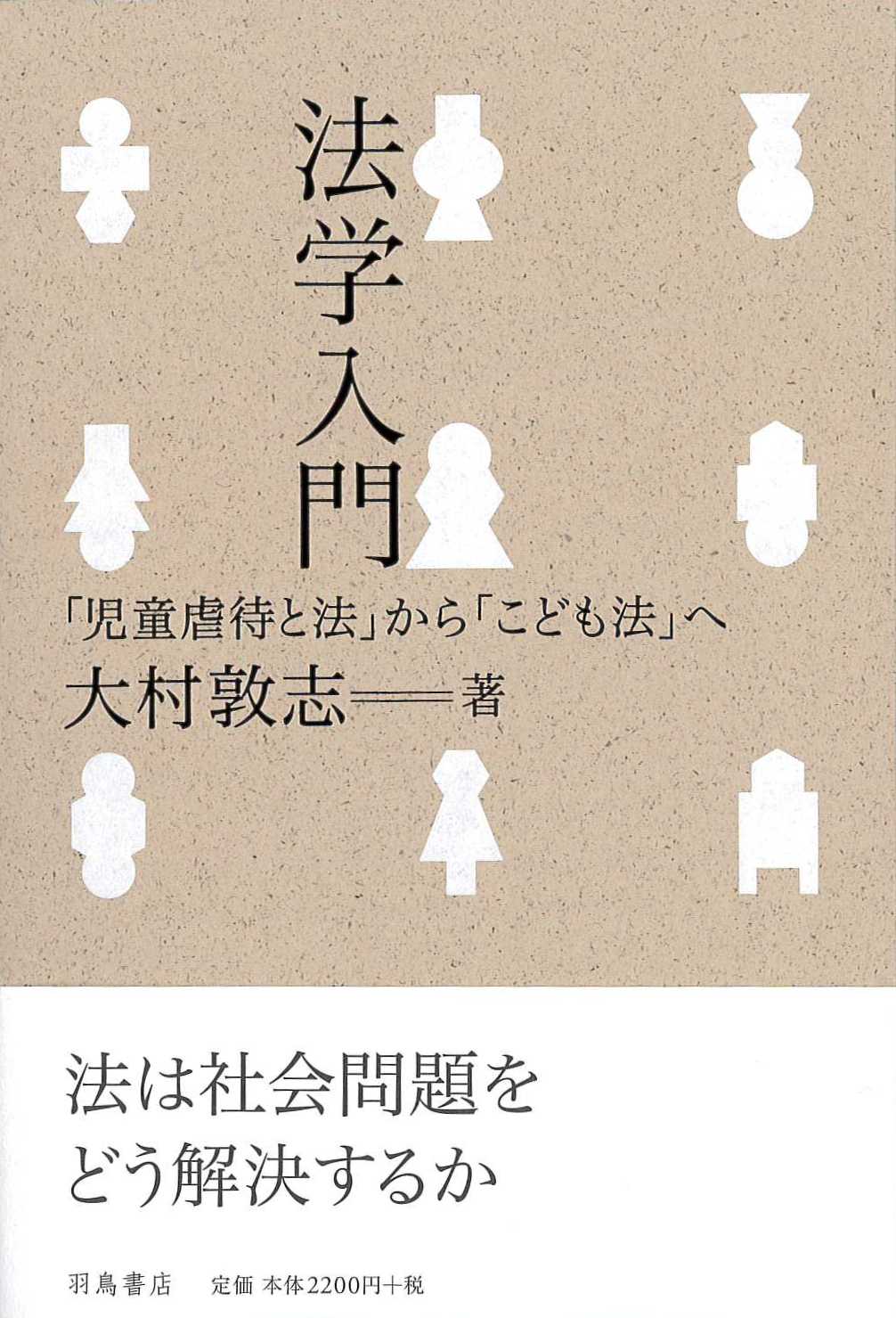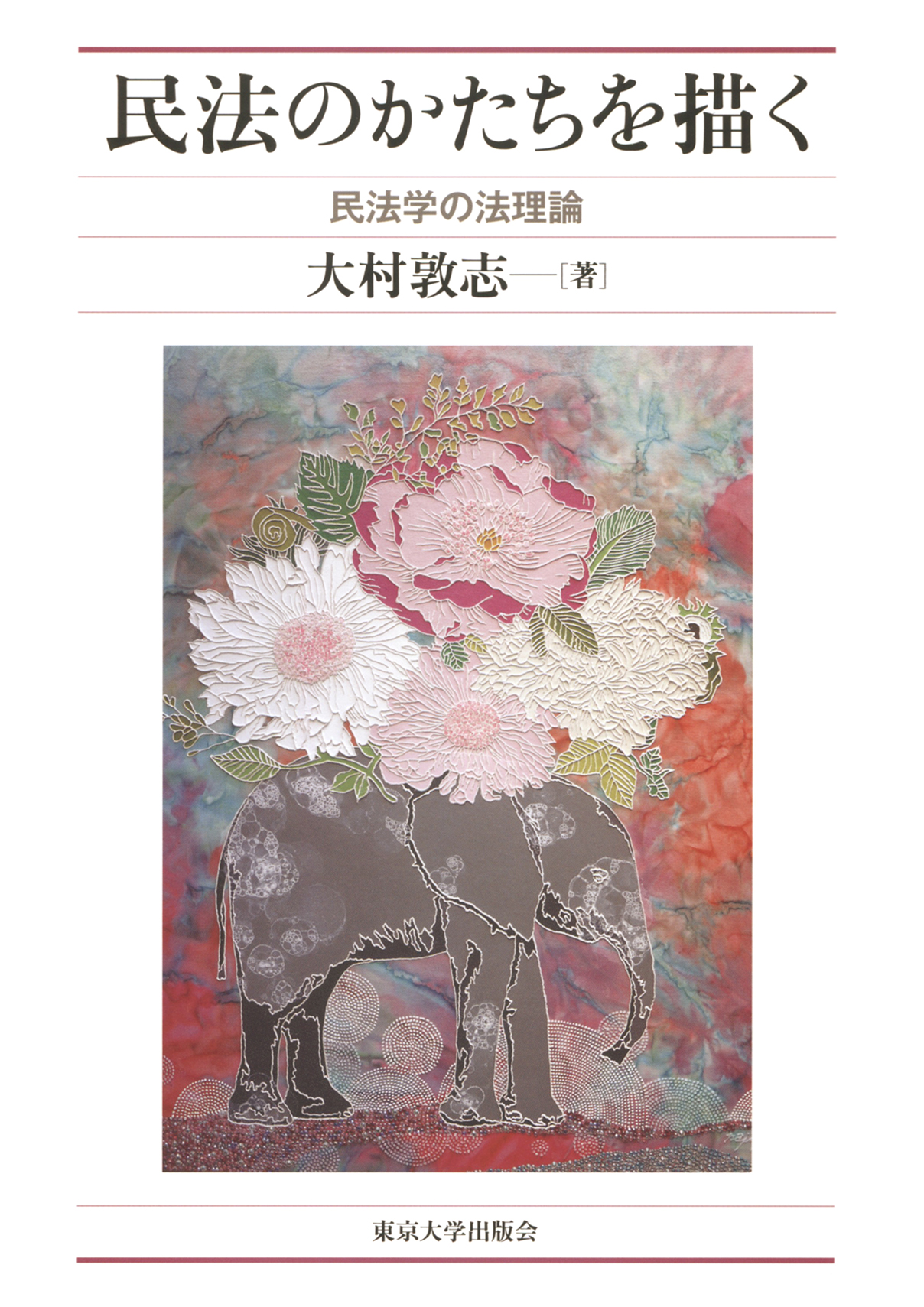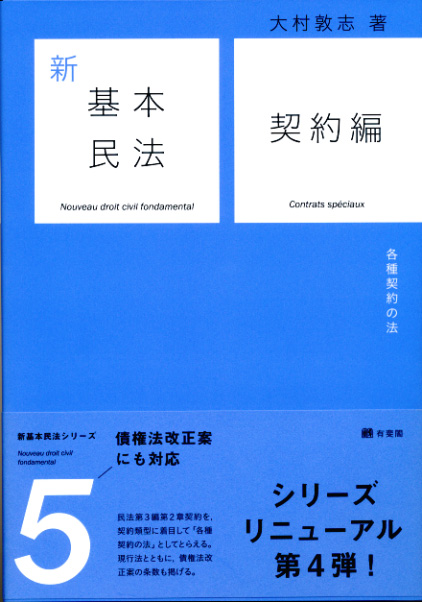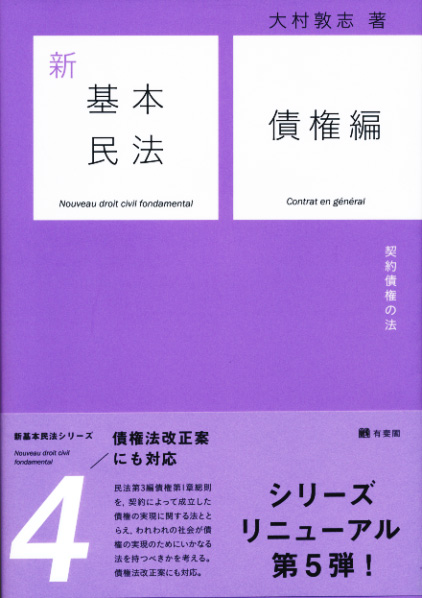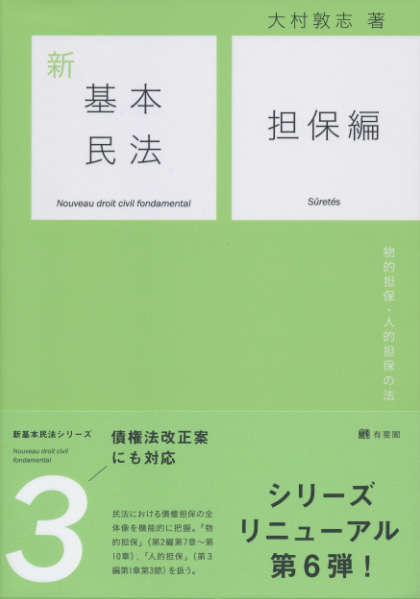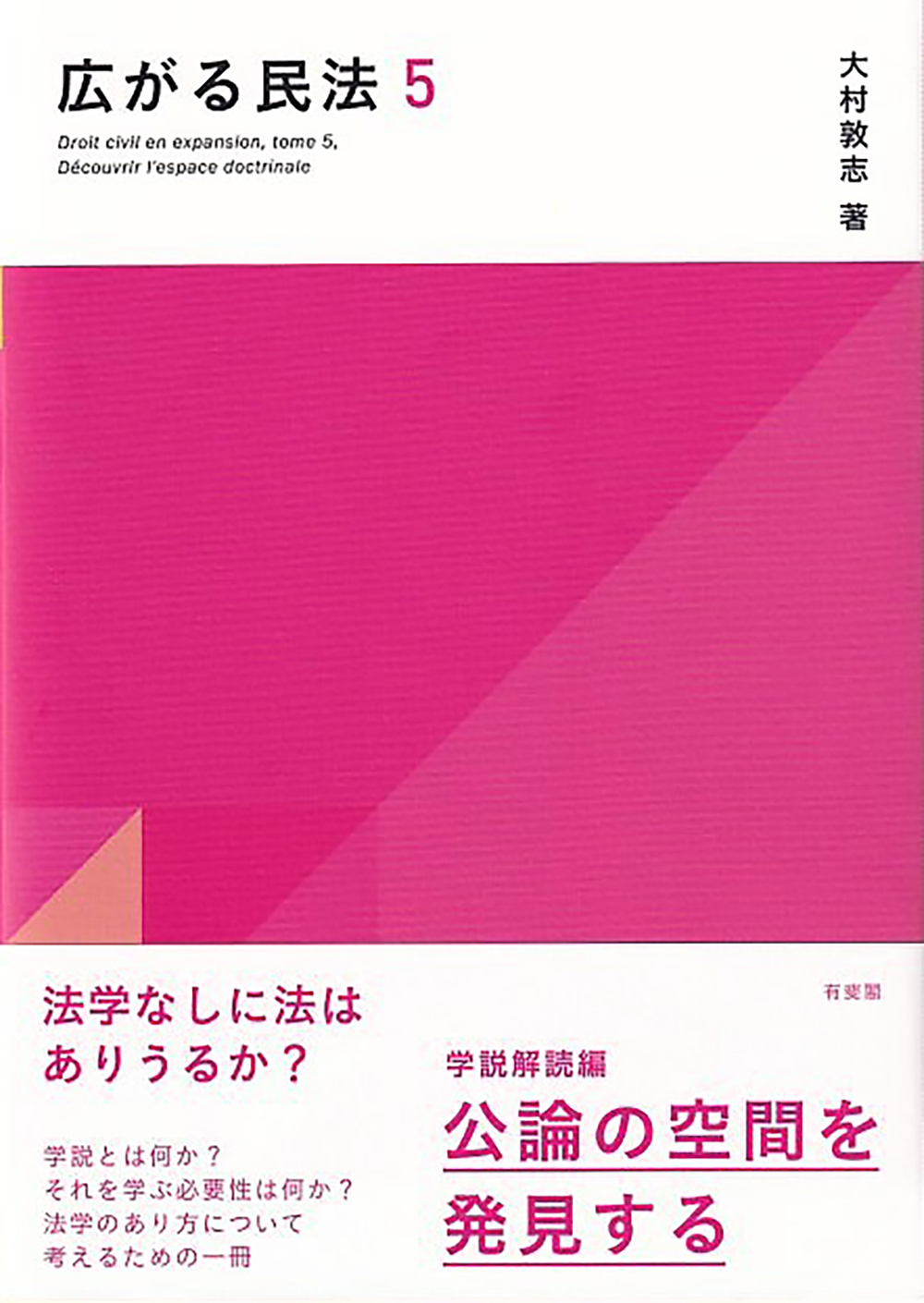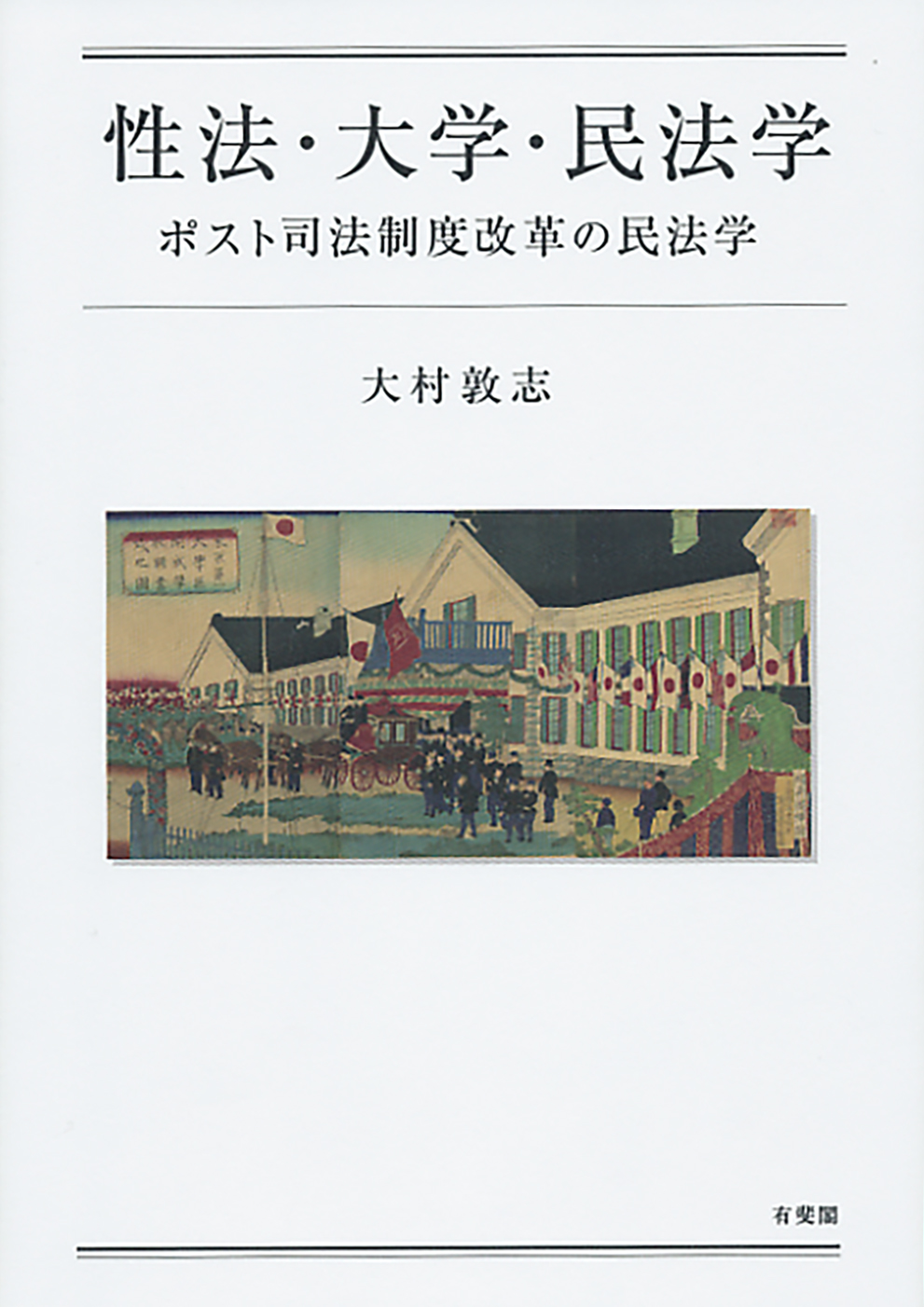
Title
Seihō, daigaku, minpōgaku (Natural Law, Universities, and the Study of Civil Law - The Study of Japanese Civil Law in the Era of Post-Judicial Reform)
Size
332 pages, A5 format, hardcover
Language
Japanese
Released
December, 2019
ISBN
978-4-641-13823-0
Published by
Yuhikaku Publishing
Book Info
See Book Availability at Library
Japanese Page
Studies of civil law encompass not only specific research in the various fields of person, family, property, contract, liability, and so on, but also research in general legal discourse. Seihō, daigaku, minpōgaku (Natural Law, Universities, and the Study of Civil Law) published in 2019 is one of a three-volume compilation of my research writings on this discourse, the two previous volumes being, Hōgen, kaishaku, minpōgaku (Sources of Law, Interpretations, and the Study of Civil Law; 1995) and Hōten kyōiku minpōgaku (Legal Codes, Education, and the Study of Civil Law; 1999).
While there are various subjects that can be covered by a general study of civil law, the first of my three-volume series focuses on the sources of law and legal interpretations, with “sources of law” referring specifically to the laws and customs from which legal rules are derived. The second volume is a compilation of my research on legal codes and education, specifically, the laws of civil legal code / civil law. And the third and current volume, Seihō, daigaku, minpōgaku (Natural Law, Universities, and the Study of Civil Law) is a compilation of my research on natural law and universities, with “natural law” encompassing the concept of law as well.
The first volume dissects the so-called “Second Legal Interpretation Debate” of around 1990—a debate on the sociological method of interpretation that was dominant in Japan throughout the 20th century. The second volume presages the central issues of the 2000s, the revision of the Civil Code (law of obligations) and the inauguration of law schools, which were both outcomes of judicial system reform. The third and current book is, as the subtitle suggests, an invitation to reexamine the state of civil law studies after the reform of the judicial system.
For this purpose, it is my opinion that, on the one hand, it is necessary to review the concept of law and seek a broad concept that is not limited to positive law (for the purposes of this book, this refers to enacted laws and legal precedents), and, on the other hand, to also review the way law research and education are conducted in universities, in an effort to seek out a variety of ways to study law that are free from association with the interpretive theories of existing law. This is because I believe that Japan’s present era of post-judicial reform is a time of crisis for the study of civil law (as it is broadly applied).
The study of law (particularly civil law) has for a long time been the only comprehensive “study of society.” That is not to say it is a specialized kind of a social science, but that it appeals as such because those who study law—and anyone who participates in the study of law can be considered to be a “legal scholar”—are applying themselves to the common task of creating a “society” shaped by their own interests and methods. It is my hope that the study of law (civil law) will continue to be characterized in this way, and it is with this hope that I have written this book.
(Written by OMURA Atsushi, Professor Emeritus, Graduate Schools for Law and Politics / 2023)



 Find a book
Find a book


 eBook
eBook